The 2024 European Economic Days, held on November 6 in Tashkent by the European-Uzbek Association for Economic Cooperation (EUROUZ), gathered more than 300 participants and leaders from governments and the private sector to strengthen partnerships between Uzbekistan and the EU. The event highlighted opportunities for collaboration across diverse sectors such as trade, energy, investment, and sustainable resource management.
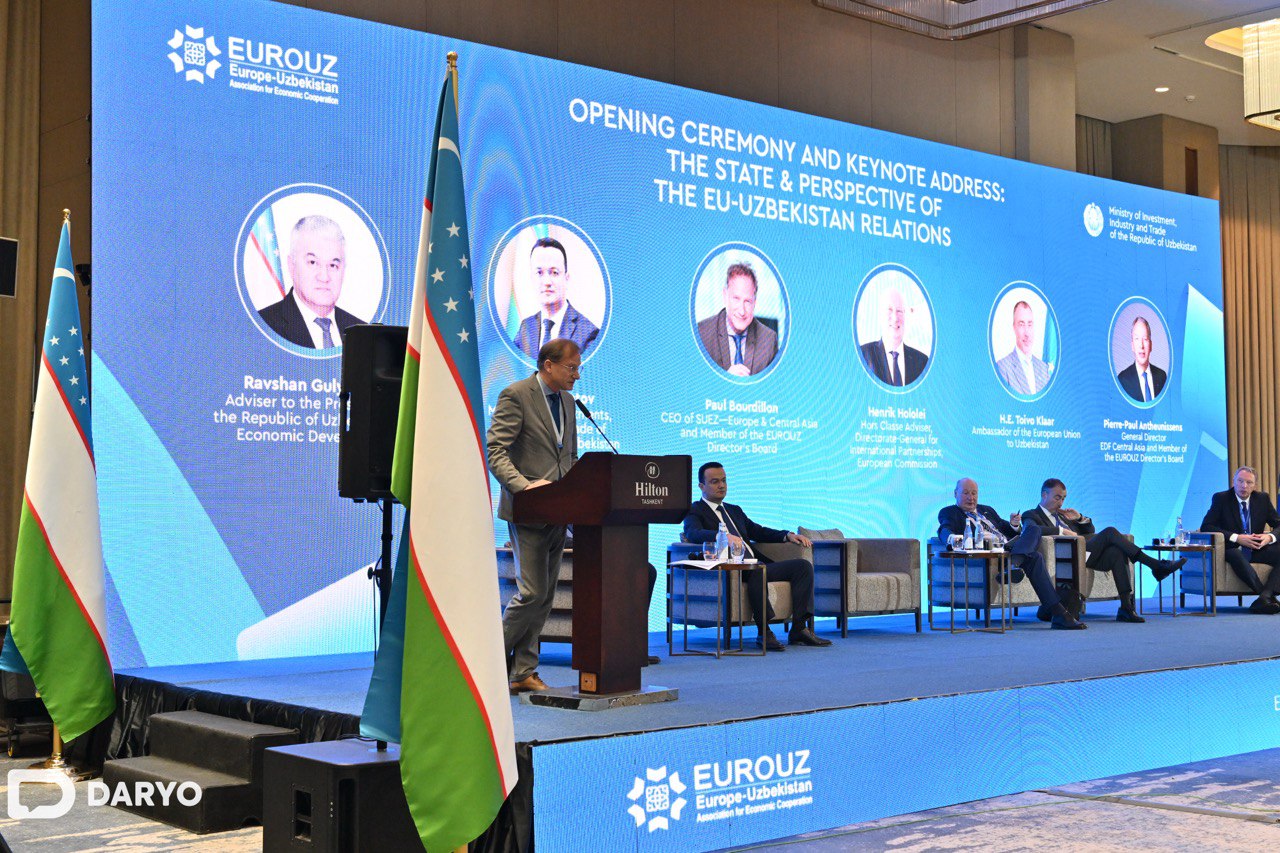
Advisor to the President of Uzbekistan, Ravshan Gulyamov, set the tone, expressing Uzbekistan’s commitment to building robust economic connections. “Uzbekistan is ready to open doors to those who share our vision for sustainable growth,” Gulyamov remarked. He highlighted the role of foreign investment in Uzbekistan’s transformation. “We are creating a foundation of trust and opportunity, and we welcome European companies to be a part of our development journey.”
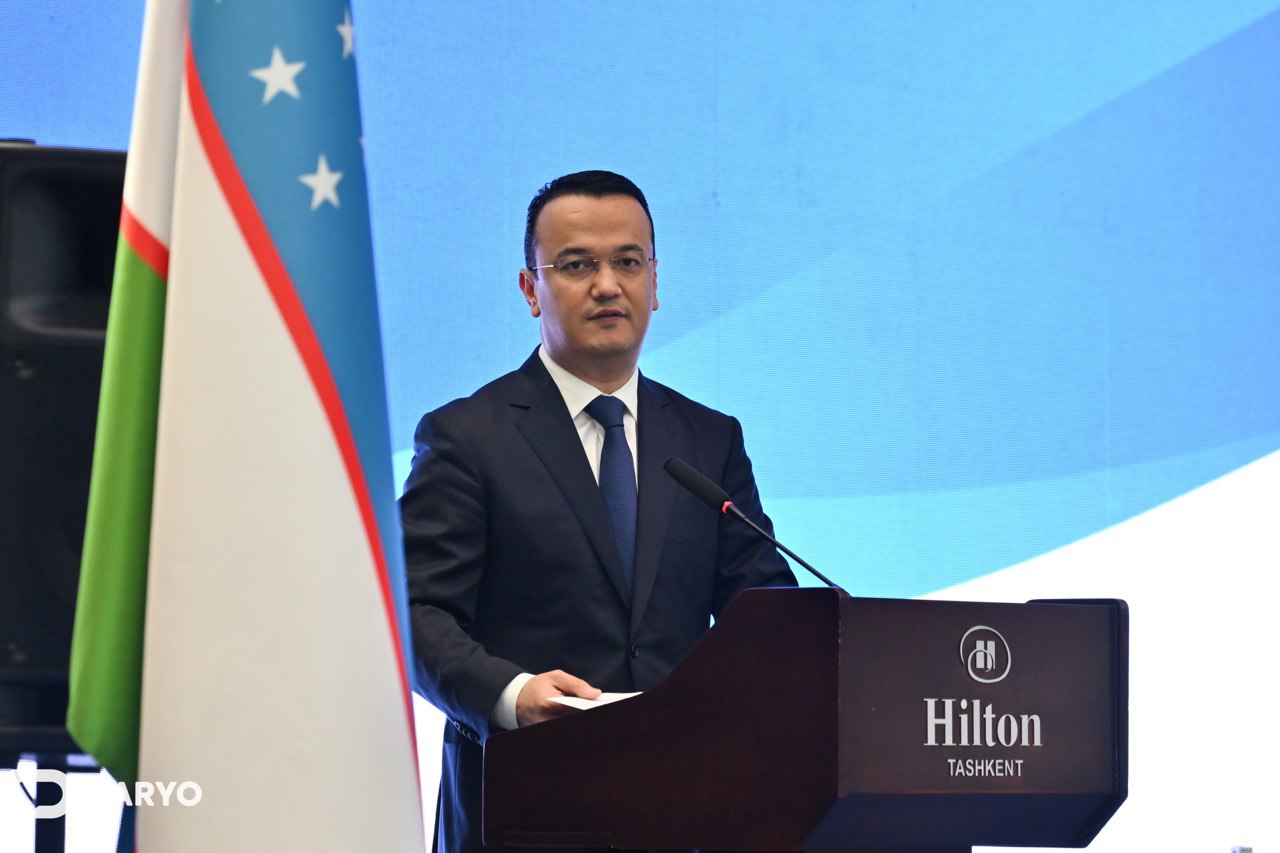
Minister of Investment, Industry, and Trade Laziz Kudratov celebrated the progress in EU-Uzbek trade relations, particularly the impact of the GSP+ preferential trade scheme. “The trade between the EU and Uzbekistan has doubled,” he said. “With over 1,000 European companies operating here, we are seeing unprecedented growth across sectors, from agriculture to high-tech manufacturing.” Kudratov emphasized the importance of infrastructure development through projects like the Middle Corridor, stating, “The Middle Corridor is crucial for connecting Europe and Central Asia efficiently and securely. We invite European companies to join us in making this vision a reality.”
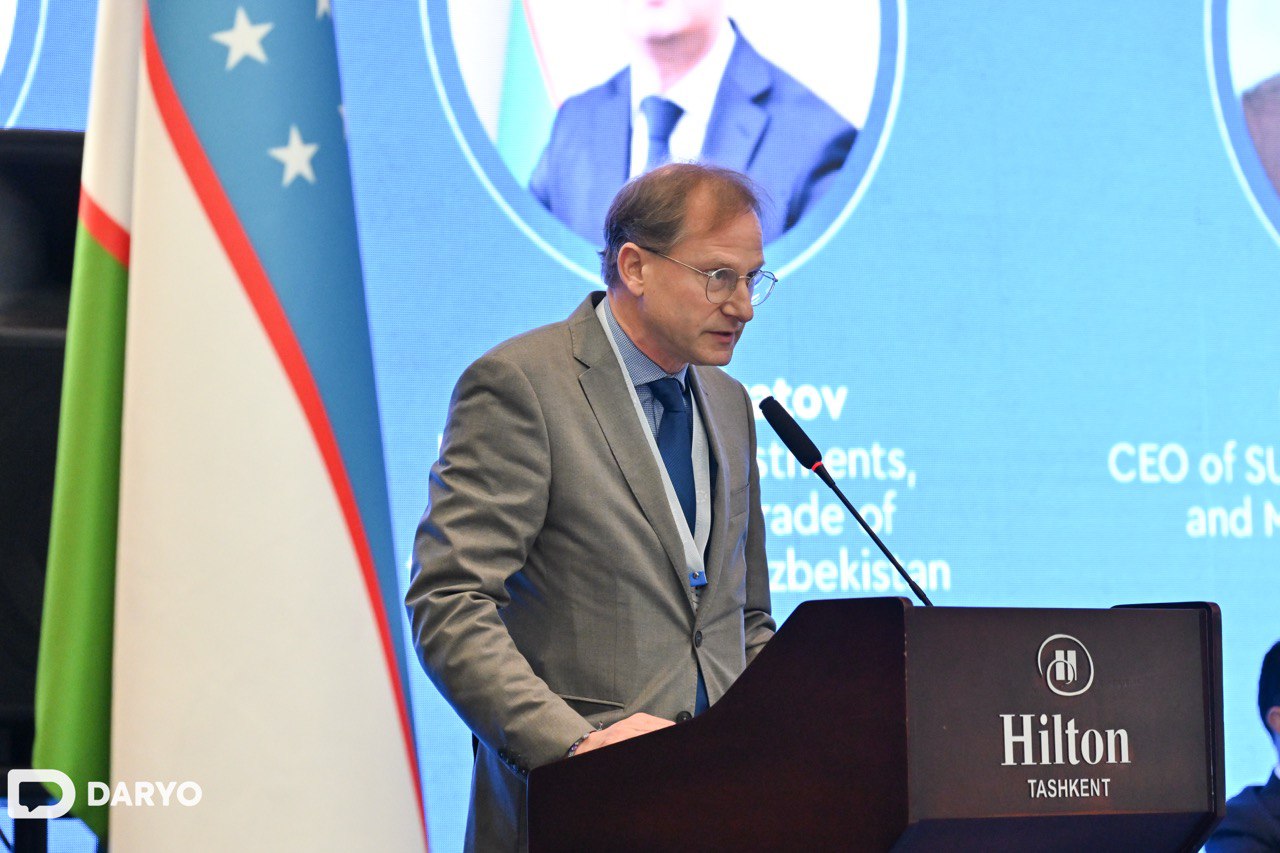
Paul Bourdillon, CEO of SUEZ for Europe and Central Asia, focused on SUEZ’s contributions to Uzbekistan’s water and environmental infrastructure. “Our commitment to Uzbekistan is about providing long-term, resilient solutions,” he said, referencing SUEZ’s recent work on Tashkent’s water and wastewater systems. “We’ve trained over 700 local specialists in water management, ensuring sustainability at every level,” Bourdillon added. He stressed the importance of public-private partnerships, particularly in water security, explaining, “Water is fundamental to health, agriculture, and industry. Our partnership in Uzbekistan’s water sector is a model for sustainable infrastructure development.”
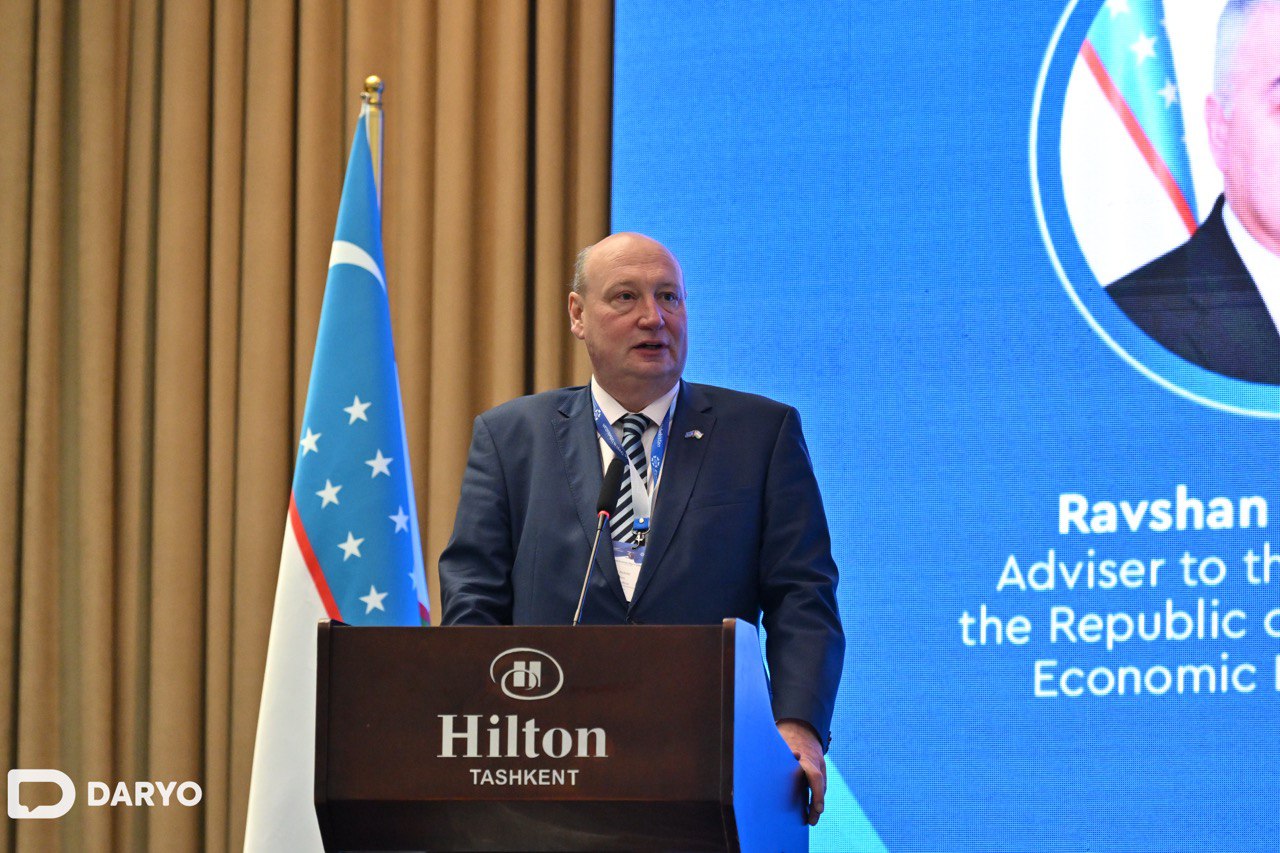
Henrik Hololei, Hors Class Advisor from the European Commission, emphasized the EU’s commitment to a “human-centric” approach in Uzbekistan. “Our Global Gateway Strategy prioritizes people, skills, and environmental sustainability,” Hololei explained. He outlined the EU’s Trans-Caspian Transport Corridor investment, calling it “a modern Silk Road” that will link Central Asia with Europe in less than 15 days. Hololei added, “This corridor isn’t just about goods; it’s about ideas, knowledge, and sustainable growth.”
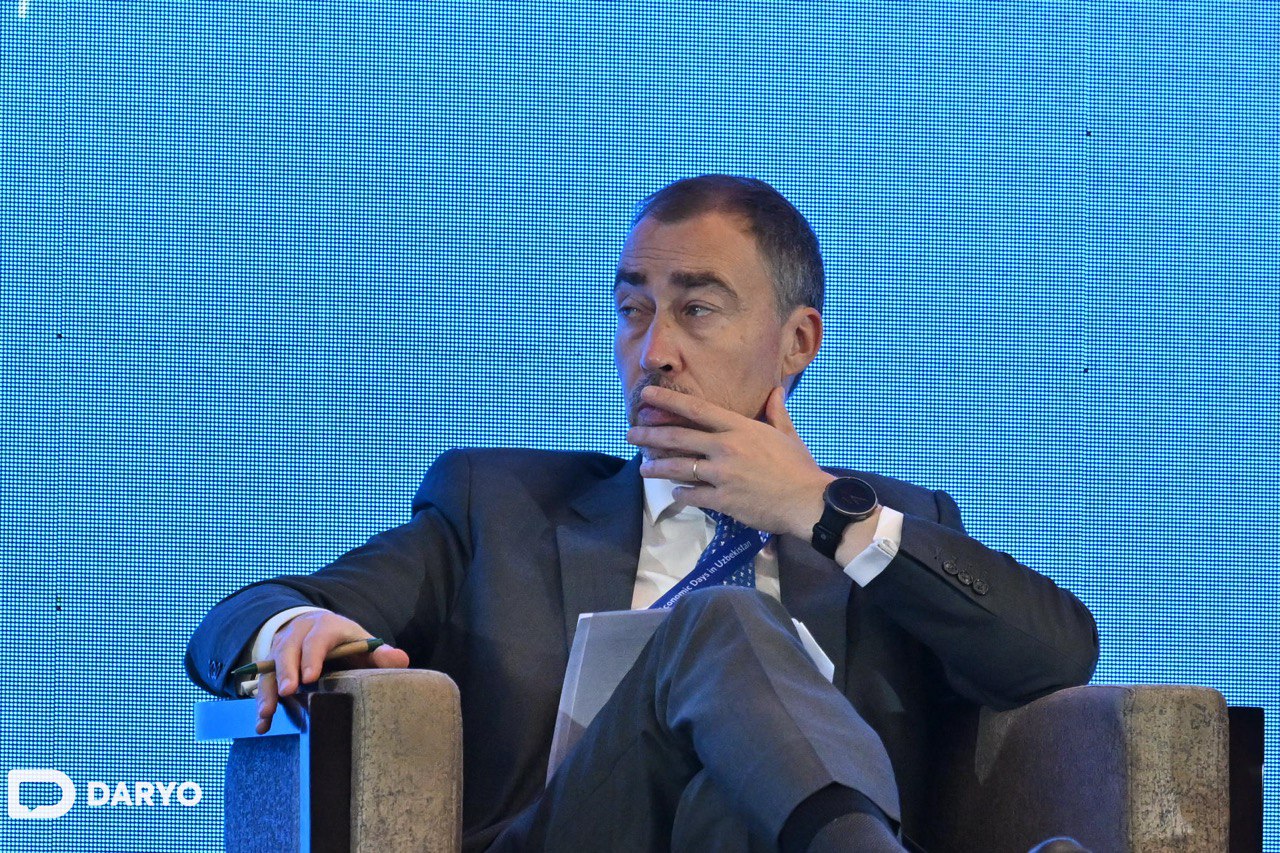
EU Ambassador to Uzbekistan, Toivo Klaar, acknowledged the strides made by Uzbekistan in terms of economic reforms. “Uzbekistan’s open economy and investor-friendly environment have drawn European businesses eager to collaborate,” he said. Klaar cited the growth in trade turnover by 11% compared to last year, but he saw room for further growth: “There is still untapped potential, and we look forward to even deeper economic ties that align with Uzbekistan’s vision for progress.”
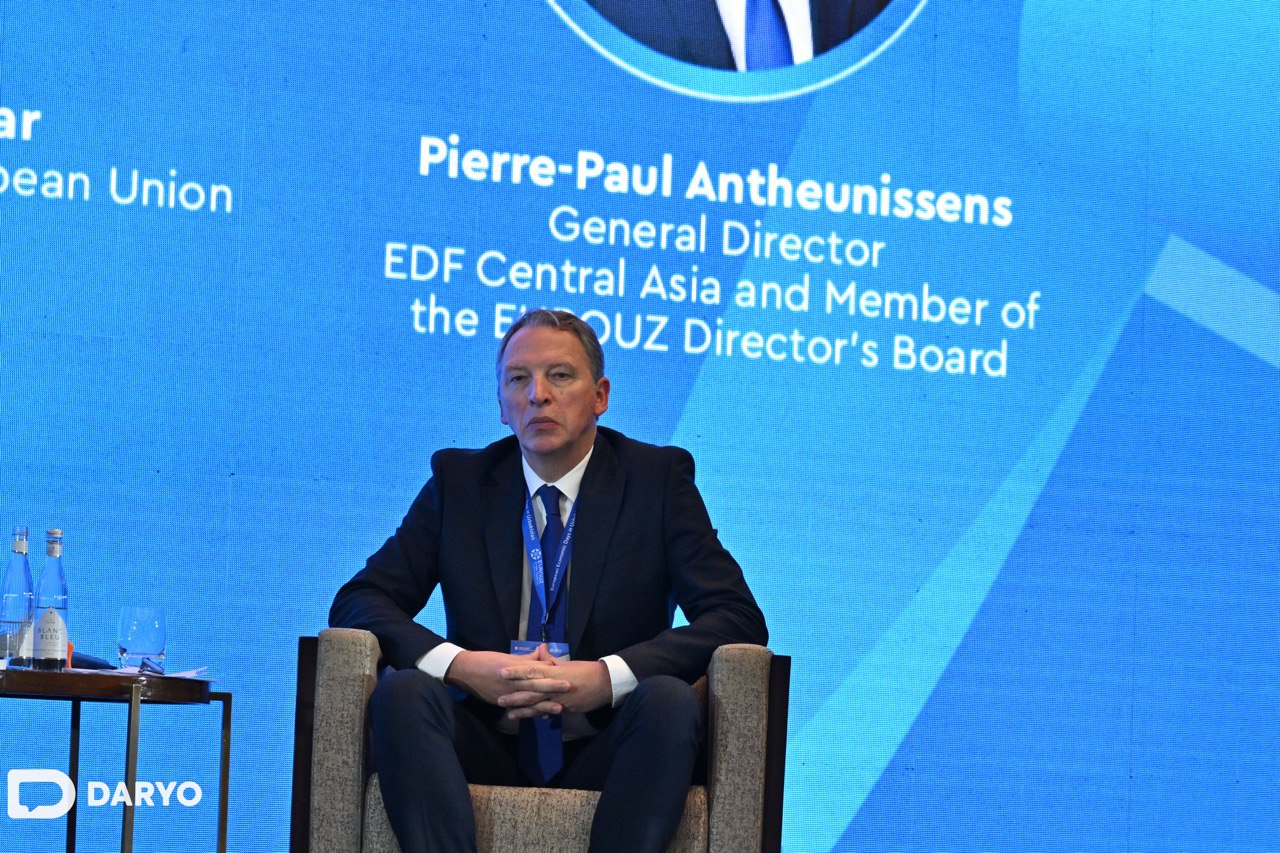
Pierre-Paul Antheunissen, Director General of EDF for Central Asia, praised Uzbekistan’s appeal as an investment hub. “The sheer number of European chambers and business associations in Uzbekistan shows the interest and commitment of European investors,” he remarked. Antheunissen highlighted EDF’s work in energy projects, notably the 1.2-billion-euro thermal power plant project in southern Uzbekistan. “This project showcases what’s possible when European expertise meets local ambition,” he stated, underscoring the importance of collaboration in advancing regional energy security.
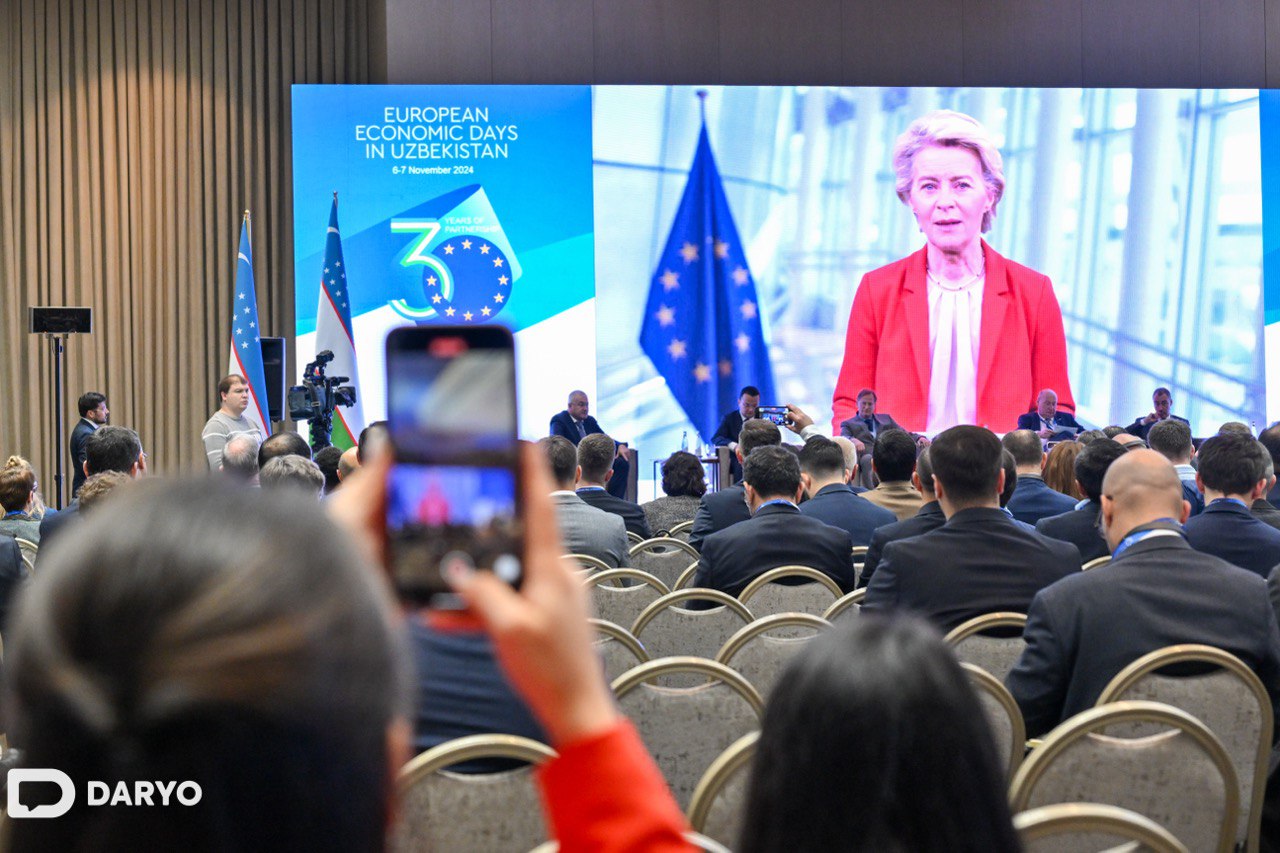
The event concluded with the signing of a roadmap under the Memorandum of Understanding on Strategic Partnership for Sustainable Raw Material Value Chains. European Commission President Ursula von der Leyen, in a video address, echoed the optimism shared by participants, saying, “The best days of our partnership are still ahead.” The roadmap paves the way for collaboration on critical resources, further strengthening the foundation for EU-Uzbekistan relations.
Comments (0)